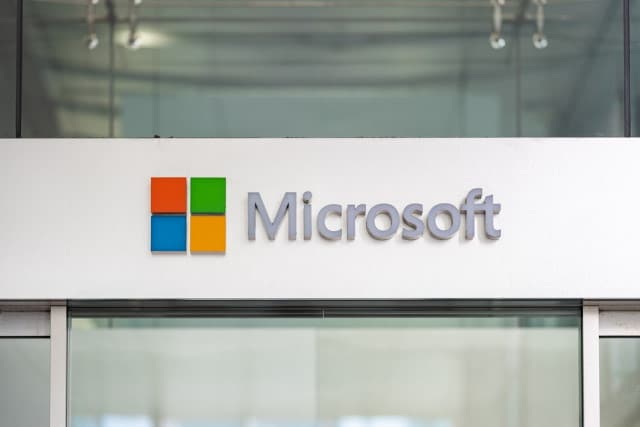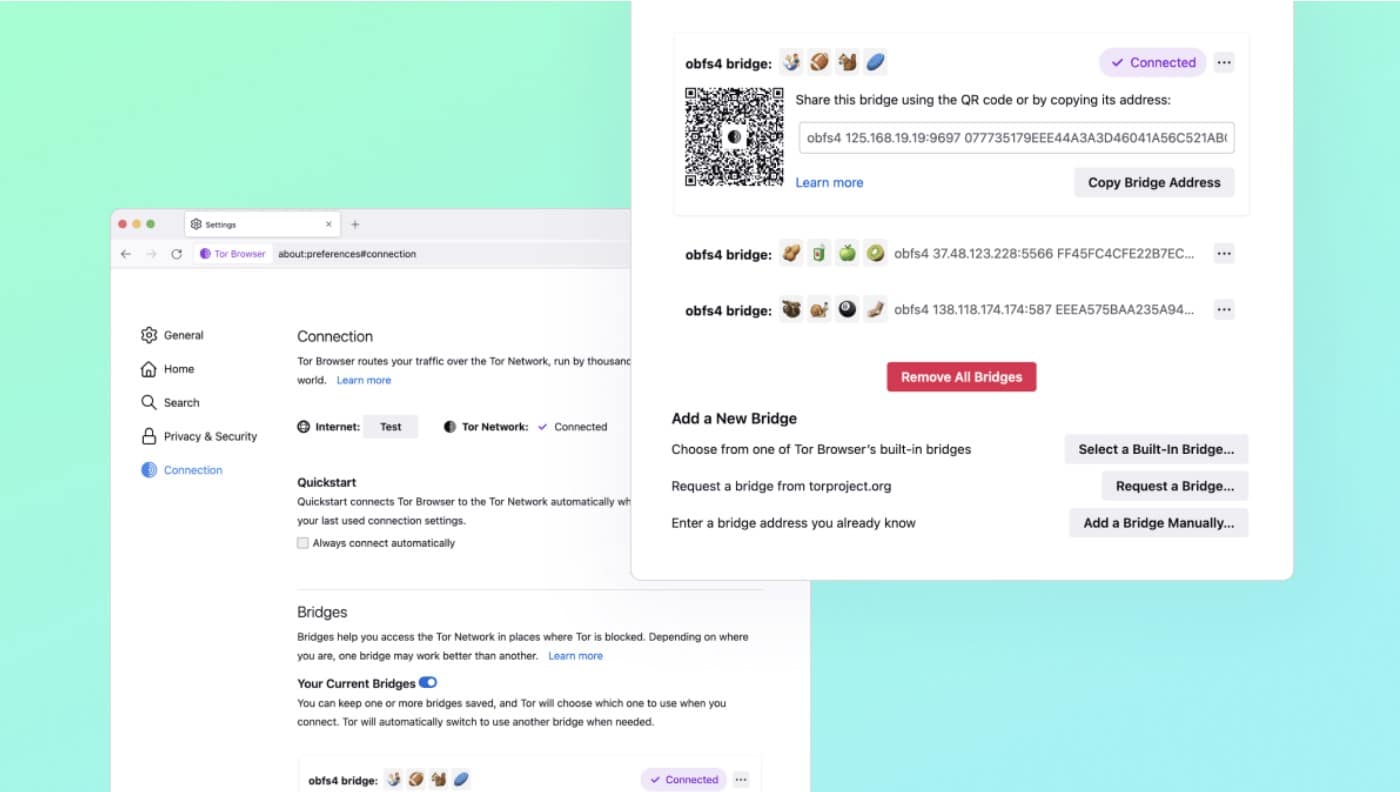
There is a huge problem with Netflix's ad-supported subscription tier -- and it's not the ads
We've known for a little while that there was a cheaper subscription tier coming to Netflix. We have also been aware that the price to pay for a reduction in price is the requirement to view ads -- Netflix has teamed up with Microsoft as its advertising partner.
But the inclusion of ads is not the only downside to the cheaper tier. Netflix has now revealed that ad-supported subscriptions will not be able to access all of its video content.

Netflix has found a way to get money out of users who share passwords
Netflix has been battling dropping subscriber numbers for a while, and the company has been looking for ways to either recoup the money lost through a shrinking userbase, or to increase the number of people willing to pay for access.
To provide a cheaper point of entry, Netflix has plans to introduce a lower-cost, ad-supported subscription tier, but the company has also talked about clamping down on people who share passwords and access to their account with friends. And with the newly announced "extra home" option, we've finally learned just how this is going to work.

Ultimate Ears UE DROPS are custom-molded Bluetooth wireless earbuds
So, here's the deal, folks -- everybody is physically different, and that's a good thing. Everyone is special in their own way. For instance, there are many different body types -- some people are short, while others are tall. Some people are fat, while others are thin. And of course, there are many body types in-between. Plus, there are different skin colors, hair types, and more. Not to mention, there are the two genders -- male and female. All are beautiful.
So with so many people having different physical characteristics, how can headphone companies expect earbuds to meet the needs of all ear sizes? Even with several earbud tip sizes included in the box, some people will still find they can never truly find the perfect fit. To remedy this issue, some manufacturers offer custom-molded earbuds that are designed for a specific "earprint." Today, the popular maker of audio gear, Ultimate Ears, launches just such a new product called "UE DROPS."

More than half of enterprises worried about supply chain risks
Software supply chain risk has become mainstream, with 52 percent of respondents to a new survey being concerned about it.
The study from cybersecurity company Coalfire also finds 50 percent of boards of directors with software-buying companies are raising concerns, which means that responsibility for software supply chain risk is no longer confined to technical teams.

Research reveals weaknesses in five popular web services
New research from Specops Software finds major cybersecurity weaknesses in popular web services including Shopify, Zendesk, Trello, and Stack Overflow.
The study shows several popular business web applications have failed to implement critical password and authentication requirements to protect customers from cybercrime.

Average cost of a data breach increases by 16 percent
A new report released today by ForgeRock shows the average cost of a breach in the US has increased by 16 percent to $9.5m, making the US the costliest place in the world to recover from a breach.
It also reveals a massive 297 percent surge in breaches caused primarily by security issues associated with supply chain and third-party suppliers and representing almost 25 percent of all breaches.

Overview of network operations is crucial for IT teams
A unified view of network operations is essential for IT teams that want to improve the digital customer experience while boosting their overall productivity, according to a new study.
A new survey for Riverbed, conducted by IDC, reveals that 90 percent of respondents currently use observability tools, yet 60 percent of them believe those tools are too narrowly focused and fail to provide a complete and unified view of their organization's operating conditions.

Why do we continue to rely on the 'weakest link' to protect our organizations' email?
Email security continues to be a top concern of organizations, with 94 percent of all cyber attacks being delivered through email. As the most frequently used communication channel across all industries -- no wonder threat actors love exploiting it!
The conventional approach to email security is failing. Our latest research found that an average of 75 malicious messages per 100 mailboxes slip past traditional email security filters every month. Consequently, organizations put employees through countless hours of security training with hopes they spot and report these threats to security operations centers. The so-called Human Firewall.

Microsoft changes its policy against the sale of open source software in the Microsoft Store
Having previously upset software developers by implementing a ban on the sale of open source software in its app store, Microsoft has reversed its decision.
The company says that it has listened to feedback -- which was vocal and negative -- and has updated the Microsoft Stores Policies, removing references to open source pricing. Microsoft has also clarified just why it put the ban in place.

Microsoft debuts a new video series to help you master Windows 11
Windows 11 isn’t especially hard to use, but there are some elements to it that can prove confusing for anyone more used to one of the older flavors of the operating system, such as Windows 7.
Microsoft is, understandably, keen to get as many people as possible to switch to Windows 11 and in a bid to help them get the most out of it, the software giant has launched a new video series to help with the OS "basics, personalization, apps, and tools".
Now that 5G is becoming widespread what can we expect from 6G? [Q&A]
The 5G rollout is continuing, but technology companies, academics, service providers, and even governments are already starting to look ahead to the next generation of mobile technology.
So, what is 6G and what benefits will it offer over earlier standards? We spoke to Roger Nichols, 6G program manager at Keysight Technologies, to find out.

Drawing clearer insights from the cloud
Many companies are finding an outsized return on their technology investment in a familiar place: their data. That's because the increasing sophistication of cloud analytics is helping more companies unlock value from their information. It’s a trend that’s pushing revenue in the big data and business analytics sector to nearly $275 billion in 2022, according to Statista.
While that number is impressive, the return on investment to organizations that leverage cloud analytics correctly is incalculably greater. Properly specified and executed, cloud analytics platforms can gather, process and analyze enormous quantities of data with ever-increasing speed and efficiency, helping organizations gather in-depth insights on every aspect of their operations.

Automation in cybersecurity: Overcoming barriers
"Automation" has become a buzzword in cybersecurity circles. That is not surprising in an environment where security specialists are in short supply and under intense pressure to defend the business against a huge variety of threats from innumerable different sources. Using technology to do at least some of the work seems like a no-brainer. Nevertheless, it seems that organizations are finding it hard to get the right approach to cybersecurity automation.
Threat Quotient conducted research last year that found resources, time and a lack of trust in outcomes are preventing companies from realizing the benefits of automation. In a recent webinar, myself, Nabil Adouani, CEO of Strange Bee and co-founder of The Hive Project, and our Global VP of Threat Intelligence Engineering Chris Jacobs discussed the current state of automation, the expectations around what automation can actually achieve, and what this means for implementation in the real world.

Biggest issue for manufacturers: Matching the selling approach to customer demands
Through every industrial revolution, from 18th-century coal and steam to today’s 21st-century digital cloud, manufacturers have adapted their operations to the modern technological standard. Today, with e-commerce rapidly transforming how consumers shop, manufacturers face an urgent need to shift their traditional sales strategy and services to meet rising expectations for a seamless buying experience -- especially for complex enterprise products.
Sales teams have addressed this pressure for the past decade with popular configure price quote (CPQ) platforms. However, the more options and buying channels customers seek and companies' products fulfill, the more burdens CPQ software faces in connecting these complex buying cycles. To improve time to market, sell solutions more effectively and gain competitive advantages through customized selling experiences, a significant upgrade in CPQ technology is needed to mesh businesses' and customers’ multiple needs.
Standards change

Tor Browser 11.5 is here with HTTPS-Only Mode by default and Automatic censorship circumvention
For anyone concerned about privacy and security online, Tor Browser is an extremely important alternative to mainstream browsers. Designed to help keep users anonymous and to bypass restrictions put in place by governments, version 11.5 has landed complete with even more powerful options.
Over the years, it has become easier and easier to use Tor Browser, with complex configuration options being made available to the average user without the need for special knowledge. With the release of version 11.5 of the software, things have been made even easier thanks to the introduction of automatic censorship detection and circumvention with the new Connection Assist feature.



